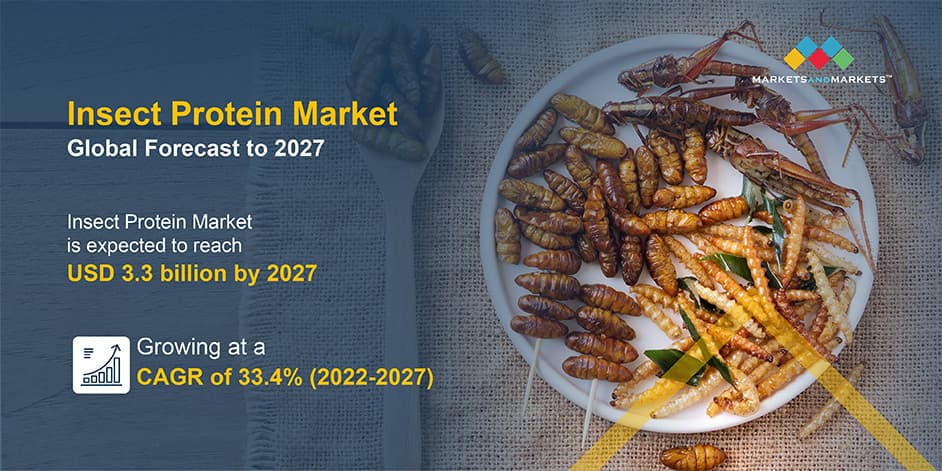The idea of eating insects as a sustainable alternative to meat is facing a catastrophic cultural wall. Despite the environmental devastation caused by livestock farming, a staggering 71% of individuals in the U.S. and Europe refuse to even consider consuming bugs. This repulsion not only reveals a significant disconnect between environmental awareness and dietary choices but also highlights the urgent need for transformative strategies to combat climate change.
Widespread Disgust Undermines Environmental Solutions
According to a recent study published in npj Sustainable Agriculture, the so-called "yuck factor" is a formidable barrier to the acceptance of insect-based foods. While up to 91% of respondents expressed willingness to try plant-based alternatives, only about 20% would consider adding insects to their diets. This stark contrast underscores a troubling trend: the public is ready to embrace some forms of sustainability, but insects simply don"t make the cut. The study"s co-author, Dustin Crummett, emphasizes that the aversion to insects is deeply entrenched and challenging to overcome, especially in Western societies where culinary traditions are rigid.
Meat Consumption Drives Environmental Catastrophe
Livestock farming is responsible for more than 50% of global water pollution and over one-third of greenhouse gas emissions that contribute to climate change. The increasing global demand for meat, particularly in developing nations such as China, continues to place immense pressure on our already strained resources. As reported by the Food and Agriculture Organization, the sustainability of our food systems is at stake. The need for alternative protein sources has never been more urgent, and yet, the cultural barriers to insect consumption are proving difficult to dismantle.

People"s Climate March: Protest takes on Trump policies -- and the heat ...
Government Inaction Leaves Planet in Peril
Despite the alarming environmental ramifications of meat consumption, few governments have taken substantial action to promote sustainable dietary practices. Denmark"s recent initiative to decrease meat consumption and increase the availability of plant-based foods offers a glimmer of hope. Minister Jacob Jensen stated, "If we want to reduce the climate footprint within the agricultural sector, then we all have to eat more plant-based foods." This proactive approach contrasts sharply with the inertia seen in many other nations, where political backlash has stifled progress. Governments must recognize their responsibility to lead by example and support policies that encourage sustainable eating habits.
Changing Culinary Traditions Requires Innovative Solutions
Insect farming has been presented as a solution, yet the market for insect-based foods remains negligible. Crummett points out that while insect protein has made its way into niche products like protein bars, these efforts fall short of significantly displacing meat consumption. The cultural aversion to insects must be met with innovative product development that prioritizes taste, convenience, and affordability. As reported by PMC, countries with a historical precedent for insect consumption face similar challenges in expanding market acceptance. The key to change lies in creating palatable, accessible options that resonate with consumers.

USDA relocates 2 research agencies - E&E News by POLITICO
Emphasizing Plant-Based Solutions Over Insect Consumption
The path forward should prioritize plant-based alternatives rather than focusing on the uphill battle of changing perceptions of insect consumption. As the current data suggests, people are far more open to exploring plant-based diets than the insect route. This reality provokes important questions about how resources and research are allocated in the quest for sustainable protein sources. The environmental crisis demands immediate action, and resources should be directed toward developing tasty, nutritious, and affordable plant-based products that can genuinely compete with traditional meat.







![[Video] Gunfire between Iraqi security forces and Sadr militias in Baghdad](/_next/image?url=%2Fapi%2Fimage%2Fthumbnails%2Fthumbnail-1768343508874-4redb-thumbnail.jpg&w=3840&q=75)
